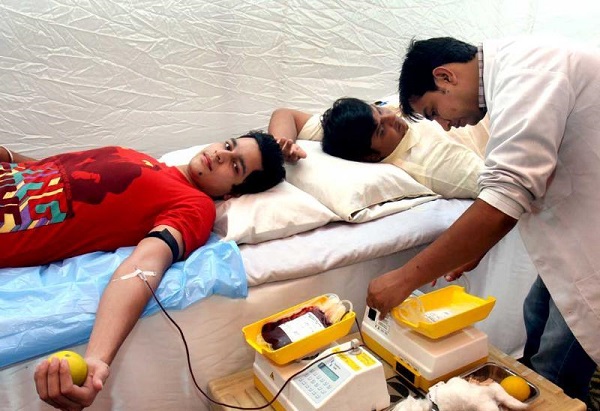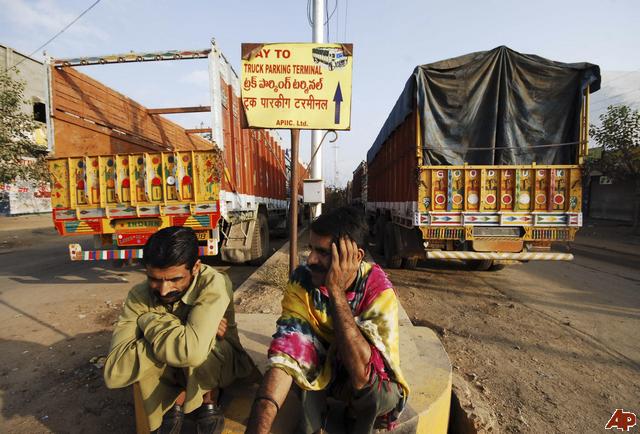Young people are considered ‘safe donors’ for others. Hearteningly, the numbers of young blood donors in the country are increasing.
 by Dr Sunita Dube, Chairperson, MedscapeIndia
by Dr Sunita Dube, Chairperson, MedscapeIndia
Safe blood donors are the cornerstone of a safe and adequate supply of blood to the needy. The safest blood donors are the youngsters from the low-risk populations. Safe blood saves lives – but, for too many patients across the country whose survival depends on blood transfusion, blood transfusion is either not available or not safe. However, one can witness a change in the scenario with an increasing number of youngsters donating their blood on regular basis. These youngsters are quite knowledgeable when it comes to the process of blood donation and post-blood donation care.
Statistics say that accidents, diseases, surgeries and deliveries account for loss of a large number of precious lives due to non-availability of blood. In order to meet the growing requirements, organisations conducting blood donation camps should aim to initiate the youth into voluntary blood donation. Evidence shows that the prevalence of infection with HIV, hepatitis viruses and other transfusion-transmissible infections is invariably lowest among voluntary unpaid donors who give blood for purely altruistic reasons.
Voluntary young donors are more likely to be honest in answering questions about their health and lifestyle that help to screen those at risk of carrying these infections. We should aim at catching them young so that they become our lifelong blood donors and end up being centurion donors. There is an urgent need to organise planned programs to create awareness amongst the country’s population to ensure regular supply of good quality blood – disease free blood. Awareness also needs to be created to help the community understand the advantages of blood donation.
We have been organising blood donation camps on a regular basis. Nearly, 50 to 60 per cent of our donors are youngsters. MedScapeIndia also gives adequate attention to donor care, effective communication between blood centre staff and blood donors and initiatives for retention of voluntary blood donors.
Blood donation activity requires trust and public confidence. It is only through the provision of a quality blood service that the confidence can be built amongst the people. World Blood Donor Day on June 14 is therefore a reminder about the importance of resources needed to help address specific responsibilities of blood donation programs.
(Picture courtesy www.hindustantimes.com. Image used for representational purpose only)

